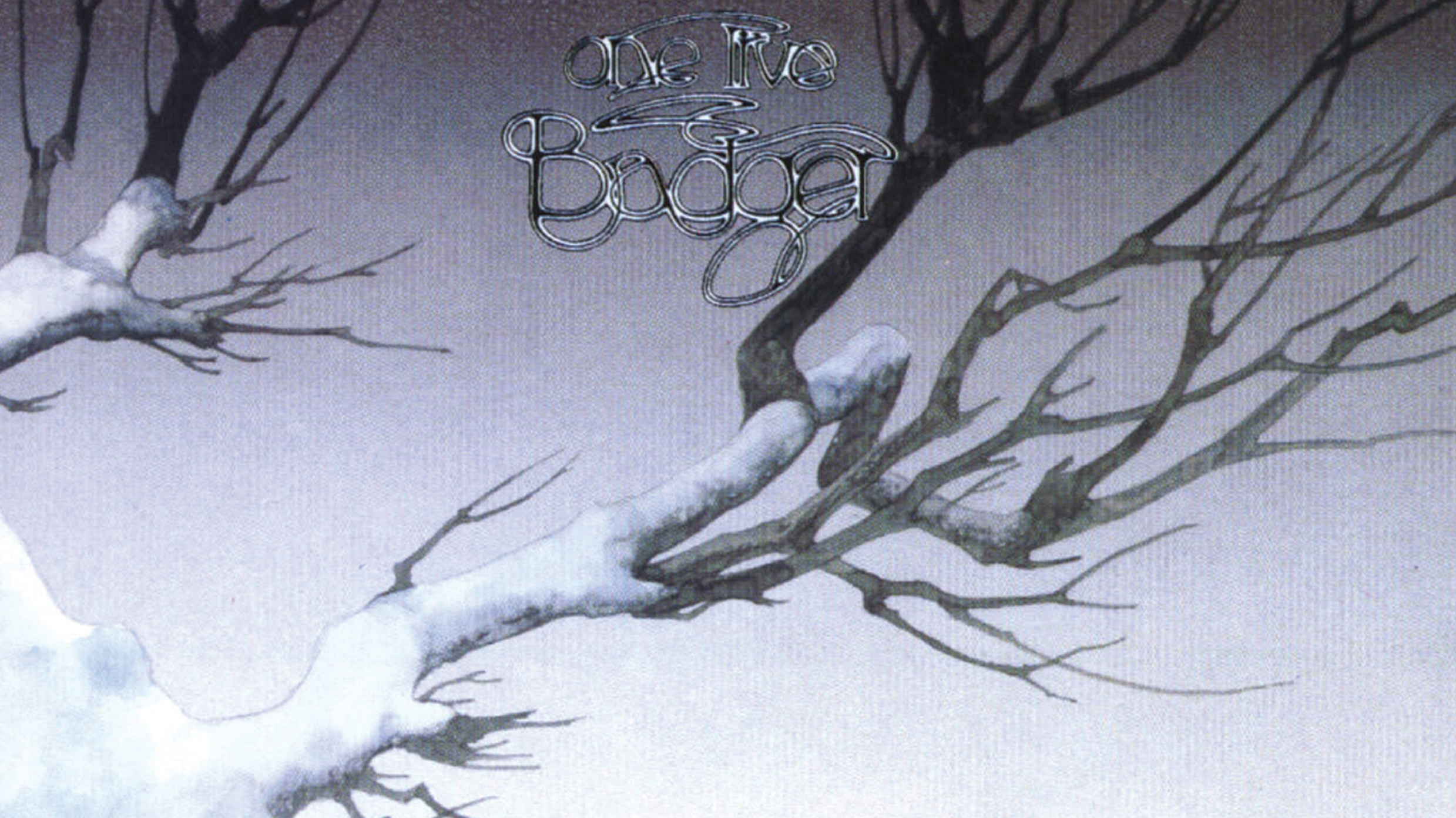Something of a second-tier supergroup, Badger were founded by keyboardist Tony Kaye after he left Yes, along with David Foster, who had been in The Warriors with Jon Anderson prior to Yes’ birth. Singer-bassist Foster had also co-written Sweet Dreams and Time And A Word from Yes’ second album, on which he’d guested. Next they brought in drummer Roy Dyke (as in Ashton, Gardner and…), who nominated singer-guitarist Brian Parrish from Parrish & Gurvitz to bolster the line-up. Atlantic Records snapped them up in 1972 – they kept the Yes connection by being managed by Brian Lane – and Parrish was surprised to find the band loved his name suggestion of Badger, even though Kaye had already told the press they’d be called the rather more glamorous Angel Dust.
On the plus side, the name inspired an excellent and much-admired Roger Dean cover. Nobody seems quite sure why their debut was a live album, recorded supporting Yes over two nights at the Rainbow in December 1972, other than that it saved on studio fees. Naturally the quartet were exceedingly well rehearsed and played with a functional tightness which only the between-song applause reveals as live. The drawback is that despite Jon Anderson co-producing with Geoffrey Haslam, it lacks any of the sparkle some studio magic might have sprinkled.
More importantly, the songs are solidly so-so rather than inspired, and Badger come across as a competent yet unremarkable outfit, closer in spirit to blues rock than the mountains Yes were moving. However, Tony Kaye’s flourishes are often striking, and as a fascinating live document, remastered and now on CD for the first time, this has a certain charm.
Badger did get a studio album together in 1974 (White Lady, produced by the late Allen Toussaint, no less), but by then were haemorrhaging personnel, with Kaye moving to the States, and the jig was up.
Honourable foot soldiers of prog, they also served.

